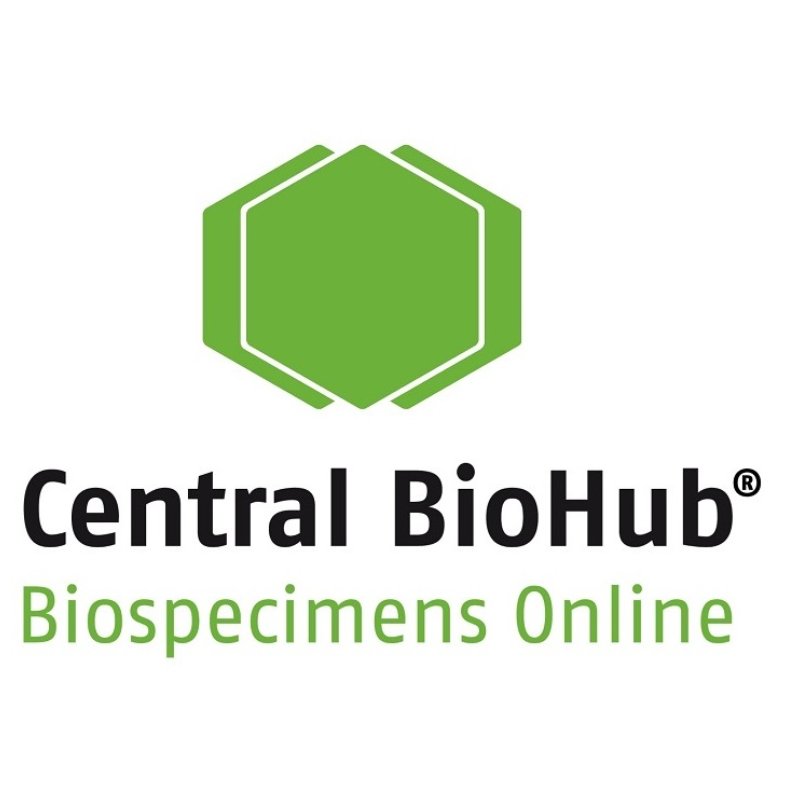The COVID-19 pandemic affected nearly every aspect of the lives of people worldwide. Caused by a virus outbreak in December 2019, the coronavirus SARS-CoV-2 has since then posed a significant threat to global health. Due to the rapid development and distribution of COVID-19 vaccines, this devastating disease could fortunately be stopped resulting in the end of the global pandemic in May 2023.
COVID-19 is characterized by symptoms that range from mild respiratory issues to severe pneumonia and even take lethal courses in some cases. The virus primarily spreads through respiratory droplets exhibited by coughing and sneezing, which made mask-wearing, social distancing, and hand hygiene essential preventive measures during the pandemic. However, the most effective tool proven had been the COVID-19 vaccination which effectively led to the end of the global pandemic.
COVID-19 vaccines have been with unprecedented speed due to significant advances in vaccine technology and global collaborations. The mRNA-based (such as Pfizer-BioNTech and Moderna) and vector-based (like Johnson & Johnson and AstraZeneca) vaccines have undergone rigorous testing in clinical trials to ensure safety and efficacy. To this day, new adapted vaccines are in the pipeline of major pharma companies promising to be effective against new circulating variants such as XBB.1.5. and E.5, also known as Eris. The elderly and children are particularly encouraged to be vaccinated as these new variants are spreading fast and the respiratory infection season is starting every year in autumn.
Vaccination is a crucial component of the pandemic response, as it provides several key benefits. Vaccinated individuals are less likely to experience severe COVID-19 symptoms, which can save lives and prevent long hospital stays. As a result, COVID-19-vaccinated persons contribute to a relief of the healthcare system as they are less likely to require further or prolonged medical treatment.
On top of this, widespread vaccination helps achieve herd immunity, which prevents the virus from spreading within a population and therefore protects those who cannot be vaccinated, such as individuals with certain medical conditions. Besides, vaccinations can also guarantee economic benefits as they help to keep the economy running, ensure safety for worldwide traveling, and make it possible to return to a pre-pandemic way of life.
However, doubts and misinformation about vaccinations remain the major challenge in achieving high vaccination rates. It became essential to rely on trusted sources of information like health authorities to make informed decisions about vaccination.
To summarize, the COVID-19 pandemic has been an unprecedented challenge, but vaccines have been proven to successfully immunize the population and prevent further severe illnesses amongst people around the globe. New adapted vaccines are going to be released in fall 2023, which will help to maintain and stabilize the post-pandemic status and prevent further severe COVID-19 cases. However, with new emerging variants and rising case numbers during the respiratory infection season, the demand for new and adapted SARS-CoV-2 diagnostic tests is increasing. Diagnostic researchers need to adapt existing tests or prove that newly released test methods cover and detect major circulating variants. Central BioHub can help overcome this issue with COVID-19 vaccinated Donor Saliva samples that can be utilized in diagnostic research. Worldwide shipping, detailed Donor history and 24/7 customer service will help you find the perfect sample. Explore our vast online collection of COVID-19 samples from vaccinated Donors by clicking on
https://centralbiohub.de/blogs/new-covid19-variants-are-on-the-rise

